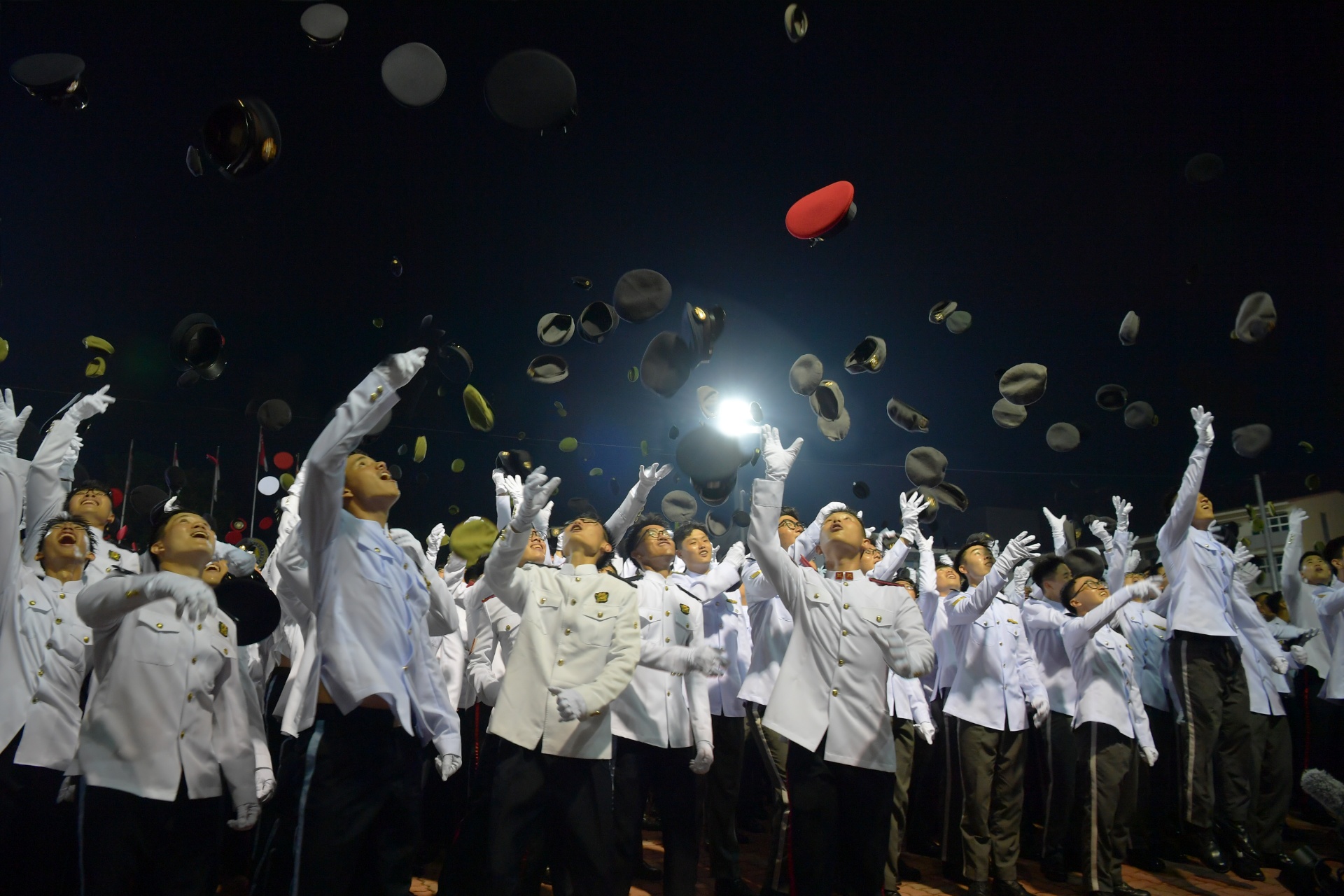COMMUNITY
BUILDING A STRONGER ARMY FOR THE FUTURE: BG NEO
26 May 2022
Chief of Army Brigadier-General (BG) David Neo shares the Singapore Army's plans to transform training methods and shape its next-generation capabilities, with more activities resuming as Singapore moves into the COVID-19 endemic phase.
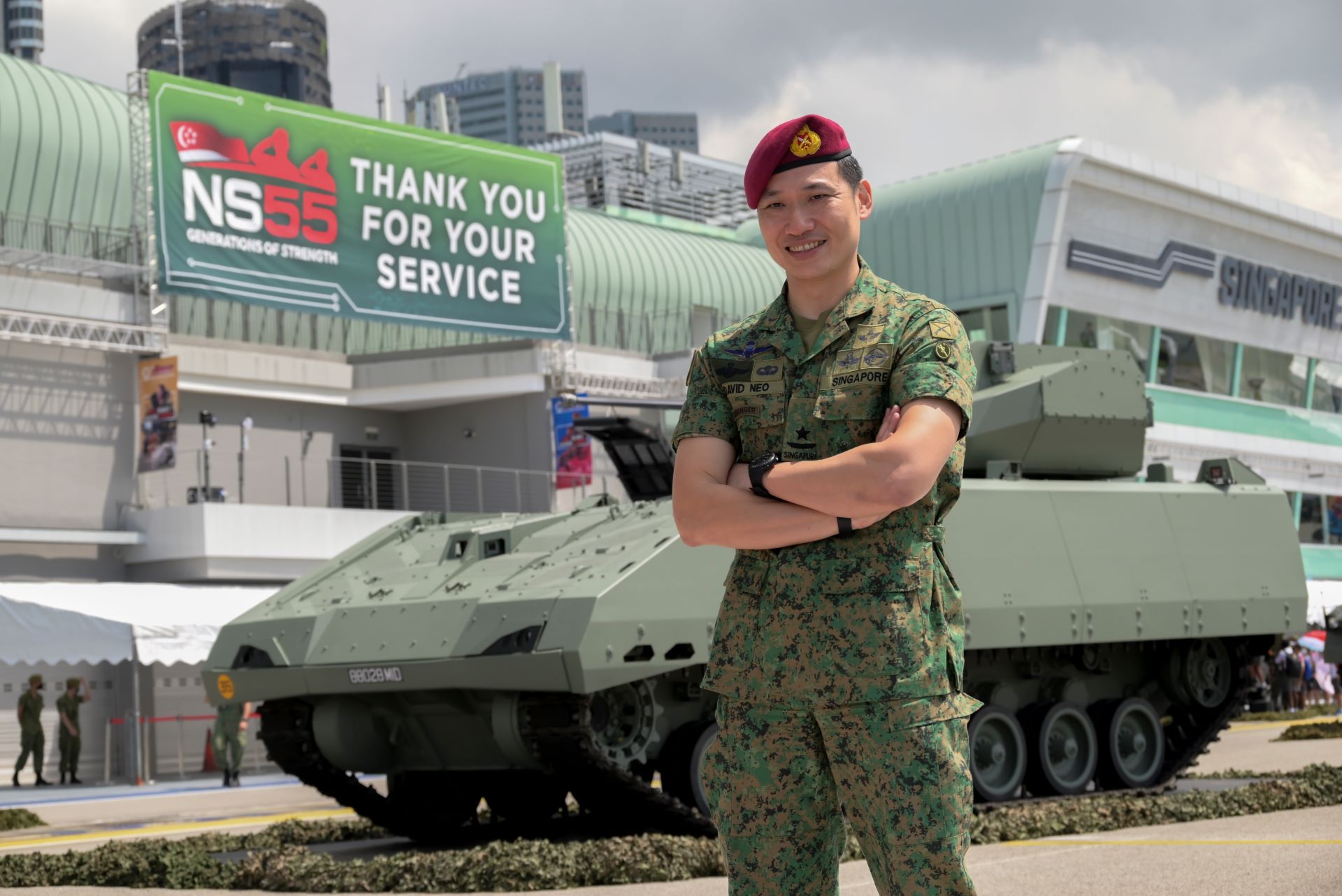
Bringing back large-scale overseas exercises, strengthening current operations and transforming the way soldiers train – these are some of the plans that the Singapore Army is putting in place this year.
"As we emerge stronger from this COVID-19 experience, there is much work to be done to deliver a strong army for Singapore – one that is not just strong today but stronger tomorrow," said BG Neo, who was speaking to media at the F1 Pit Building on 25 May, ahead of the Army Open House which will be open to public from 28 to 30 May.
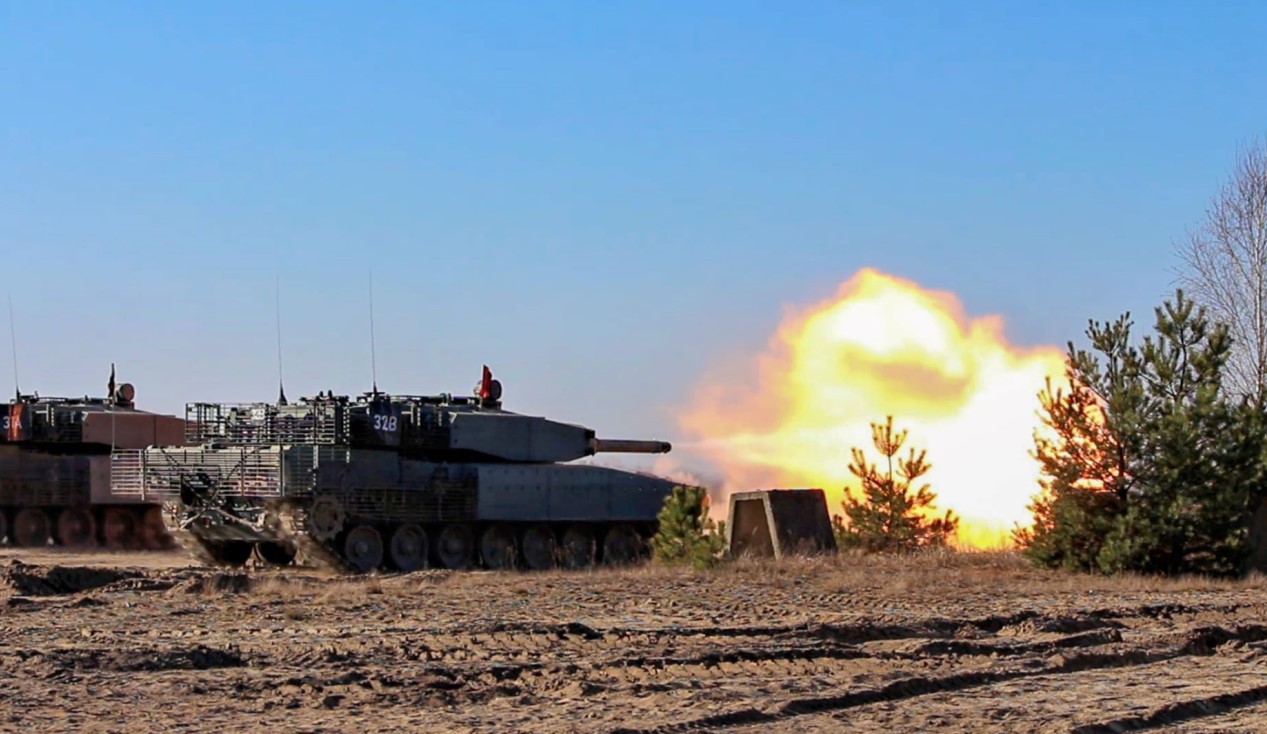
Overseas training resumes
Efforts to resume overseas training began late last year with Exercise Forging Sabre in the United States. The exercise marked several firsts, including the inaugural participation of Headquarters Sense and Strike (HQ SS). HQ SS integrates the Army's tactical intelligence and fires capabilities, which includes the new TPQ-53 Weapon Locating Radar.
Another large-scale exercise, Exercise Panzer Strike, took place in Germany this March.
Later this year, the Singapore Armed Forces (SAF) will resume its annual Exercise Wallaby in Shoalwater Bay, Australia, where more than 2,700 servicemen are expected to participate, said BG Neo.
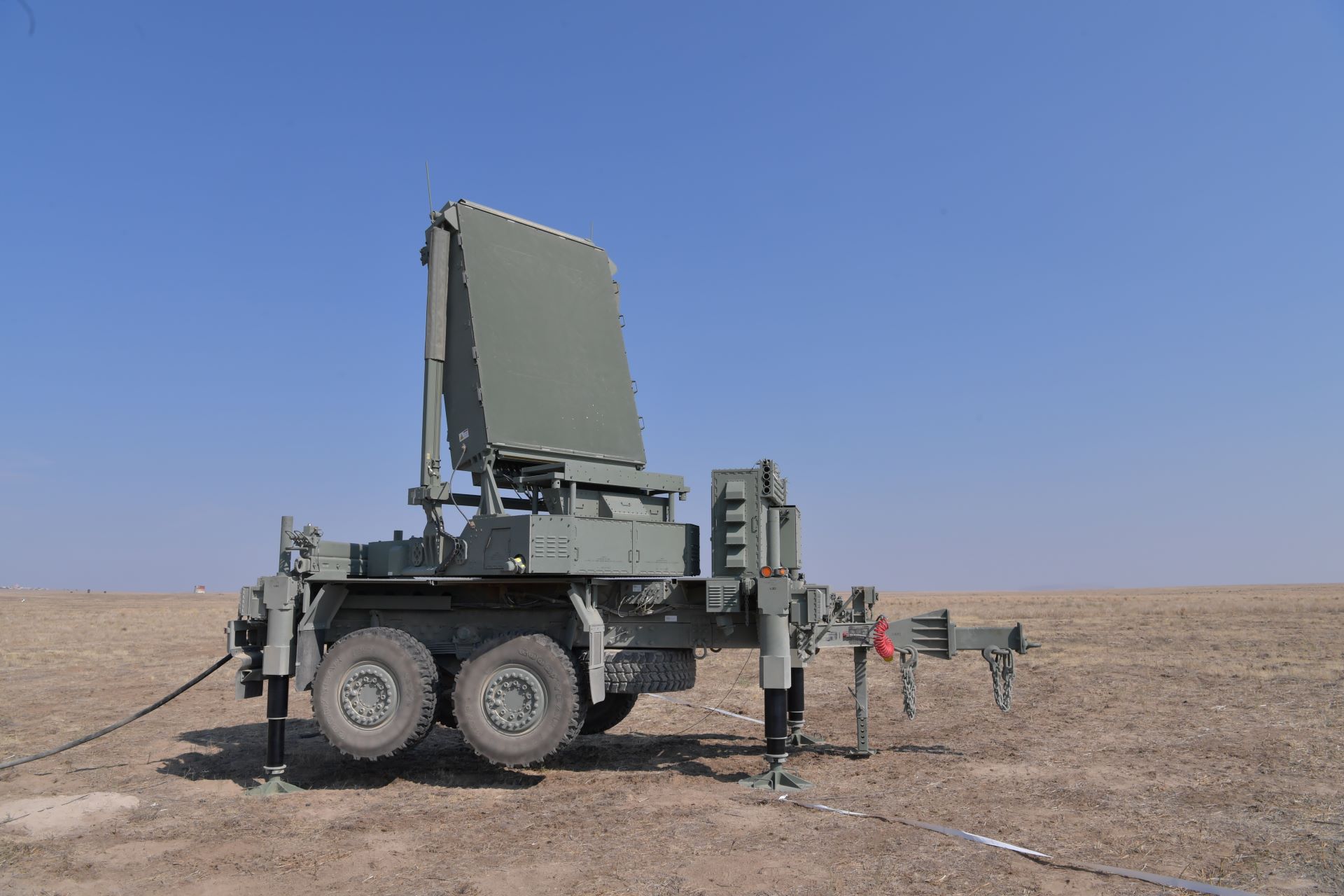
Nearer to home, bilateral engagements and exercises have also started, beginning with a brigade-level exercise with the Indonesian Army last November and a battalion-level exercise with the Malaysia Army earlier this year.
"These exercises are important as it allows us to learn from our partners and strengthen interoperability. More importantly, when our soldiers participate in these exercises, that's when they get to know that, even if we are a conscripted citizen army, our soldiers are equally good, if not better, than their Regular counterparts in other nations," said BG Neo.
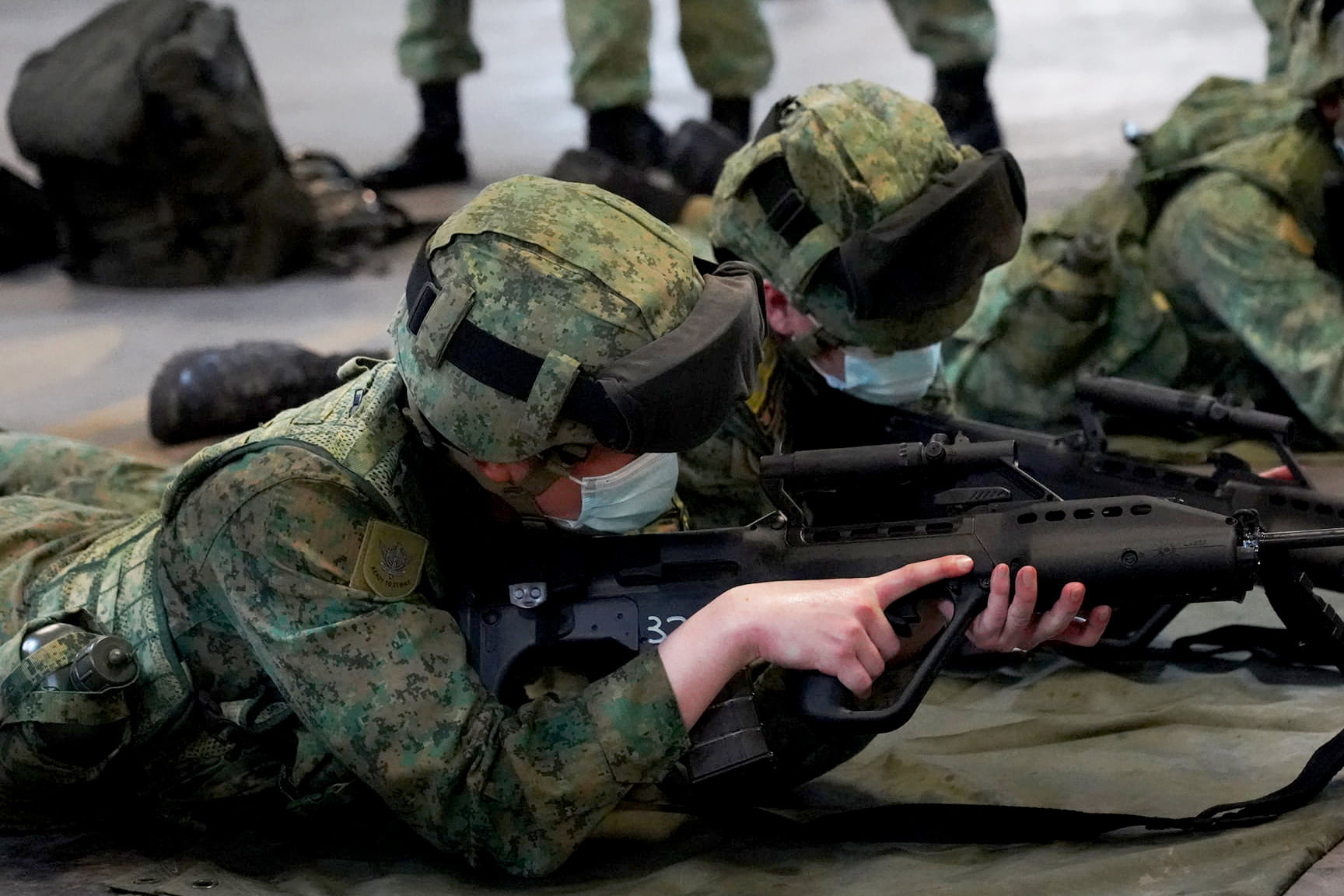
Locally, the Army conducted its first large-scale mobilisation exercise since the start of COVID-19, in March this year, with more than 2,000 Operationally Ready National Servicemen (NSmen) called back.
BG Neo noted that all resumption of exercises will be done in a deliberate and calibrated manner, with additional time given for units to progressively build up for these training and exercises.
A larger advance party will also be sent ahead to ensure that the training grounds are safe and safety protocols can be put in place.
Strengthening training safety
With more activities resuming, safety is an area in which the Army cannot afford to be complacent, added BG Neo.
"It is our duty and the duty of every commander to ensure every single soldier who comes through our gates, goes home a better soldier."
The Army is digitising past incidents and near misses so that the same mistakes will not be made, and for safety values to transcend generations. The SafeGuardian app, for instance, allows soldiers to quickly and conveniently file reports on hazards or safety issues while on the go – currently, more than 60 per cent of safety reports are submitted through this one-stop mobile app.
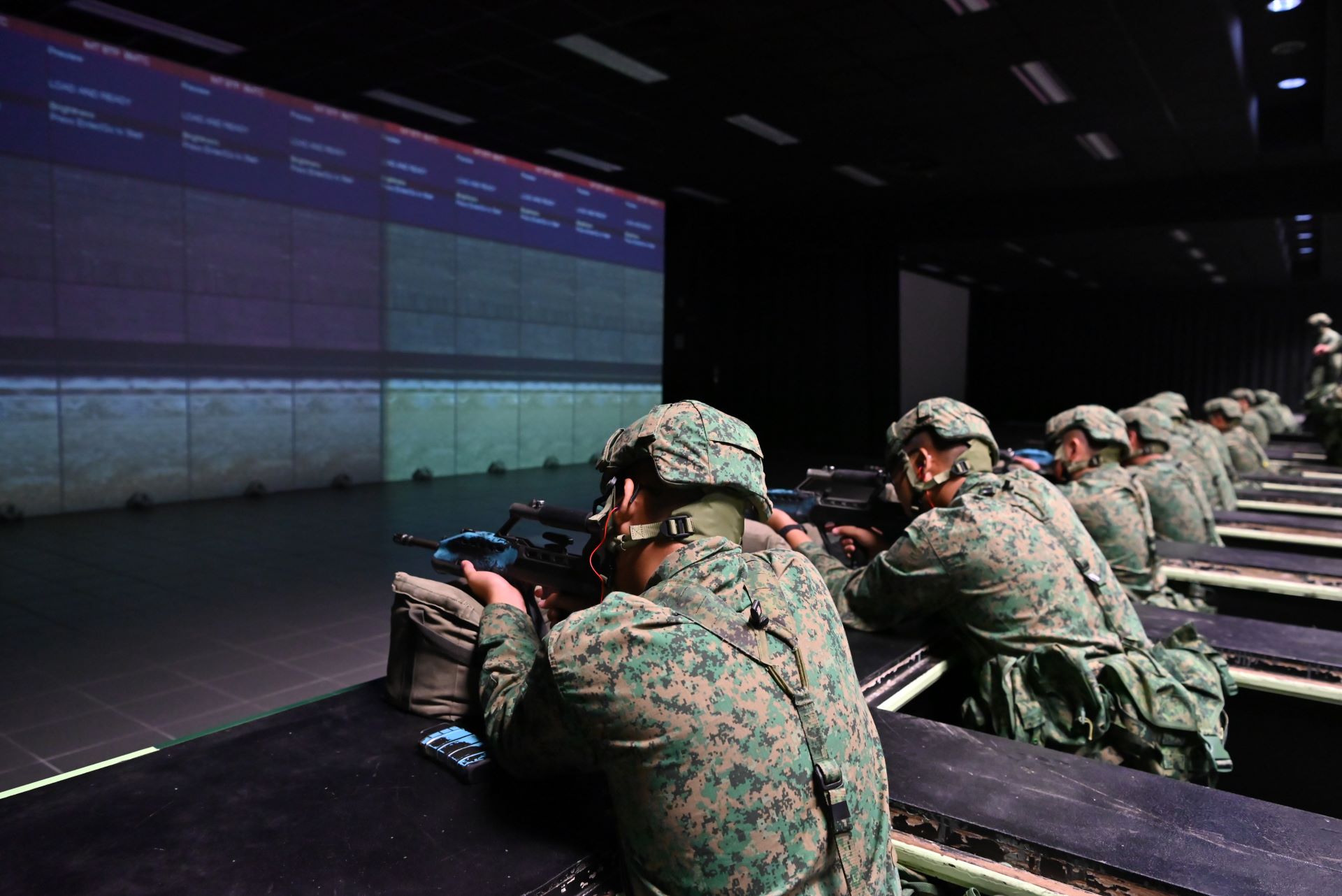
Using technology to train
The Army is also looking at simulators and data science to boost training.
Simulation technology helps to overcome training limitations and generate "what we are unable to replicate in real life, and to connect different units across countries in a live-virtual construct," explained BG Neo.
For instance, thanks to simulation technology, a virtual exercise can be held simultaneously between a brigade in Australia and another in Singapore as the data can be sent over within minutes.
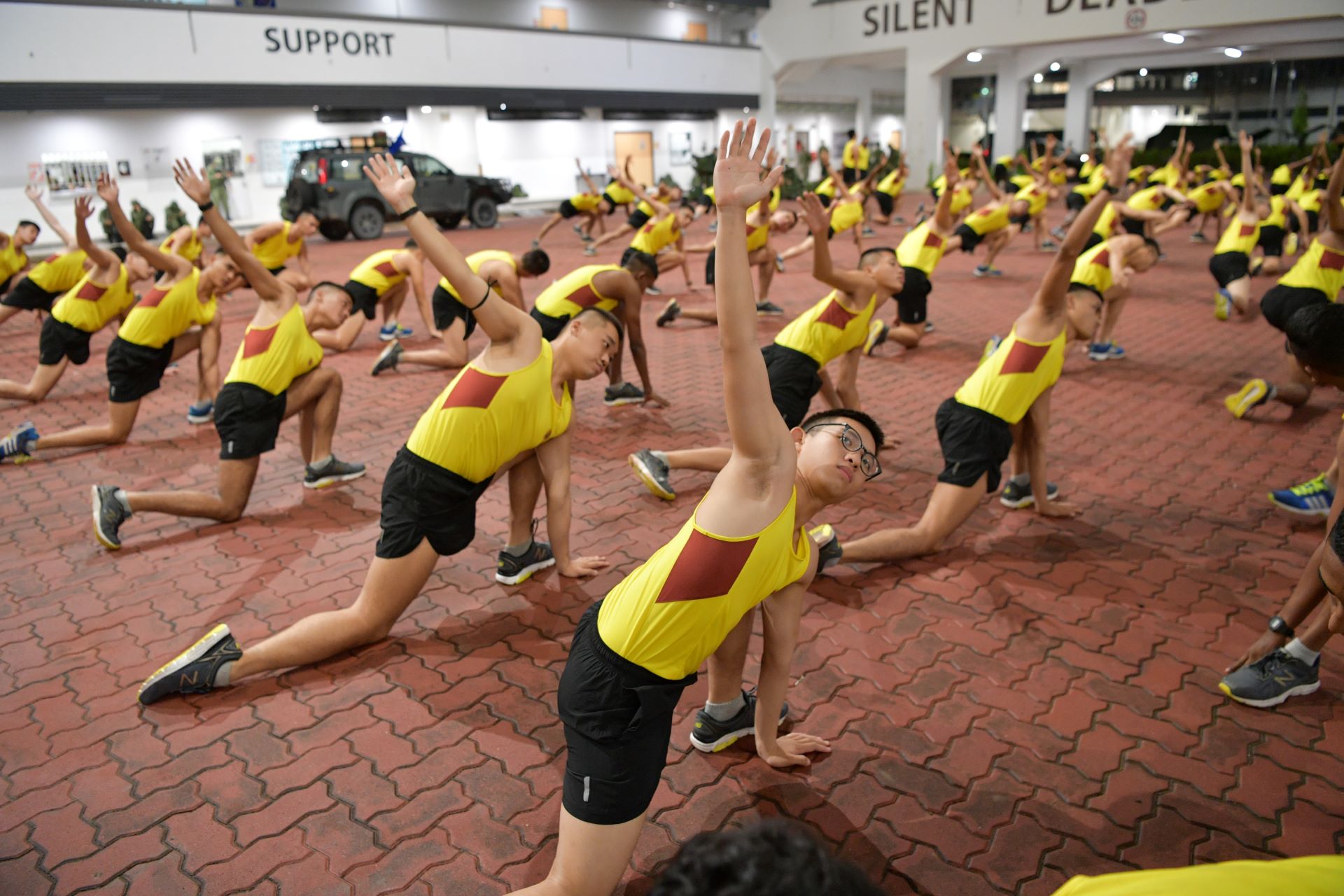
The Army is also shifting towards a science-based data training approach. For instance, the Prehabilitation Exercises (PX) introduced last October aims to help soldiers perform better. This set of core-strengthening exercises and stretches has also reduced the risk of potential injuries by more than 60 per cent.
In line with helping soldiers perform better, the new Heat Resilience and Performance Centre will be launched later this year, said BG Neo. Harnessing technology and science, this centre will allow the Army to study the longer-term impact of climate change and rising ambient heat on soldiers, training and operations.
Building on Singapore's move towards becoming a Smart Nation, the Army has also established various digitalisation efforts to save time, improve operational efficiencies and provide a seamless experience for soldiers.
These range from smart camps and smart cookhouses to automated armskotes and a digital attendance taking system. BG Neo said that with these new tech initiatives, the Army aims to save one hour of every soldier's time by reducing manual transactions.
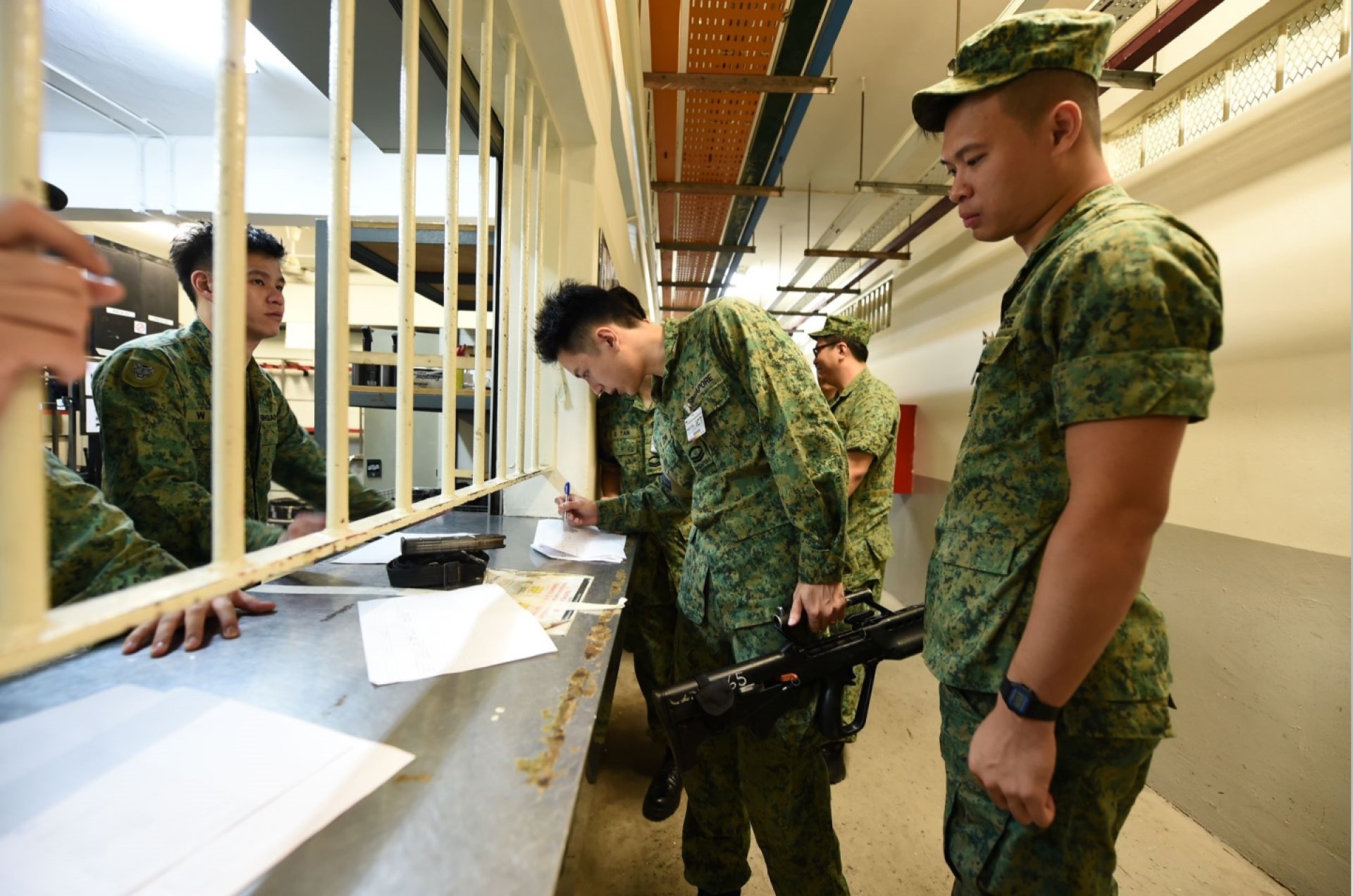
Greater fulfilment for soldiers
To provide a greater sense of fulfilment to soldiers, the Army is looking to move beyond categorising if a soldier is combat-fit and instead, define every soldier as deployable.
For example, the introduction of the functional assessment for transport operators last year has resulted in 100 more soldiers qualifying for the role. Building on its success, the Army is extending functional assessments to new vocations and designing new jobs. This means expanding the deployment of 1,600 full-time national servicemen jobs across 89 vocations in the army.
Similarly, NSmen who are working as nurses in hospitals will be deployed to combat medical units. Plans have also been made to redeploy up to 200 NSmen into niche-skill areas.
"Not only are we more effective in operations, our NSmen also feel a greater sense of fulfilment during their in-camp training," said BG Neo.
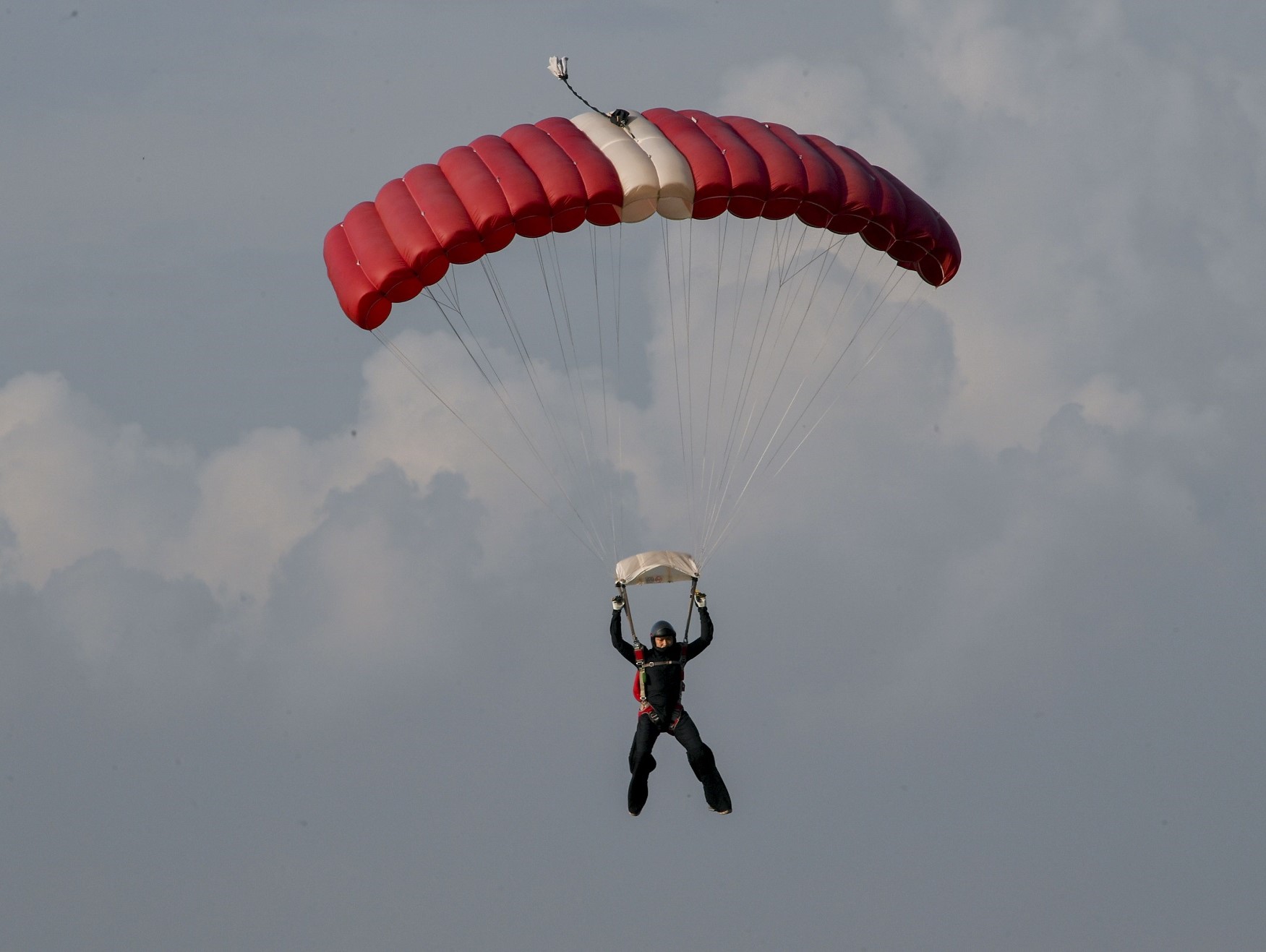
Celebrating 55 years of NS
As the Army commemorates 55 years of National Service (NS), BG Neo acknowledged and thanked the sacrifices of every NSman.
Touching on the NS55 theme – "Generations of Strength" – BG Neo explained that it is about the generational commitment to the defence of Singapore, of stepping forward and making sacrifices to put aside the needs of the few for the needs of the many.
"NS is critically important for Singapore – it's the way a small country in an uncertain world can defend itself. It is also a common ethos, a common understanding and common space (in which) our people can come together," said BG Neo.
"It is something that we ought to guard with jealousy and continue to strengthen, nurture and build."
He also urged Singaporeans to join him in showing their appreciation to NSmen:
"Find three NSmen you don't know and say ‘thank you for your service.'
"It's a simple thing to do but it means the world to them."
ALSO READ IN COMMUNITY
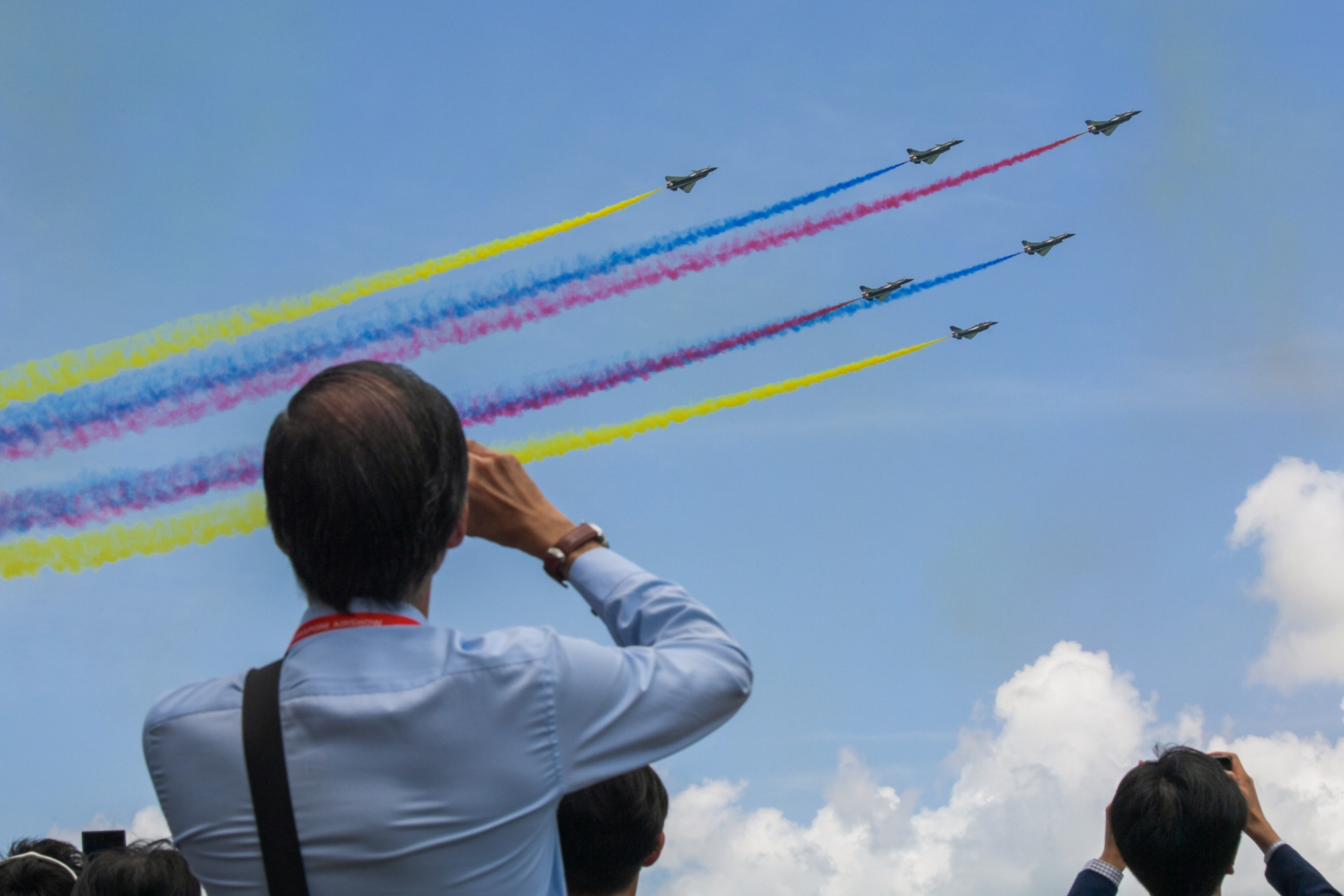
S’pore Airshow 2026 takes flight
05 Feb 2026
The Singapore Airshow marks its 10th edition and 20 years of contribution to the global aerospace, defence, and space sectors.
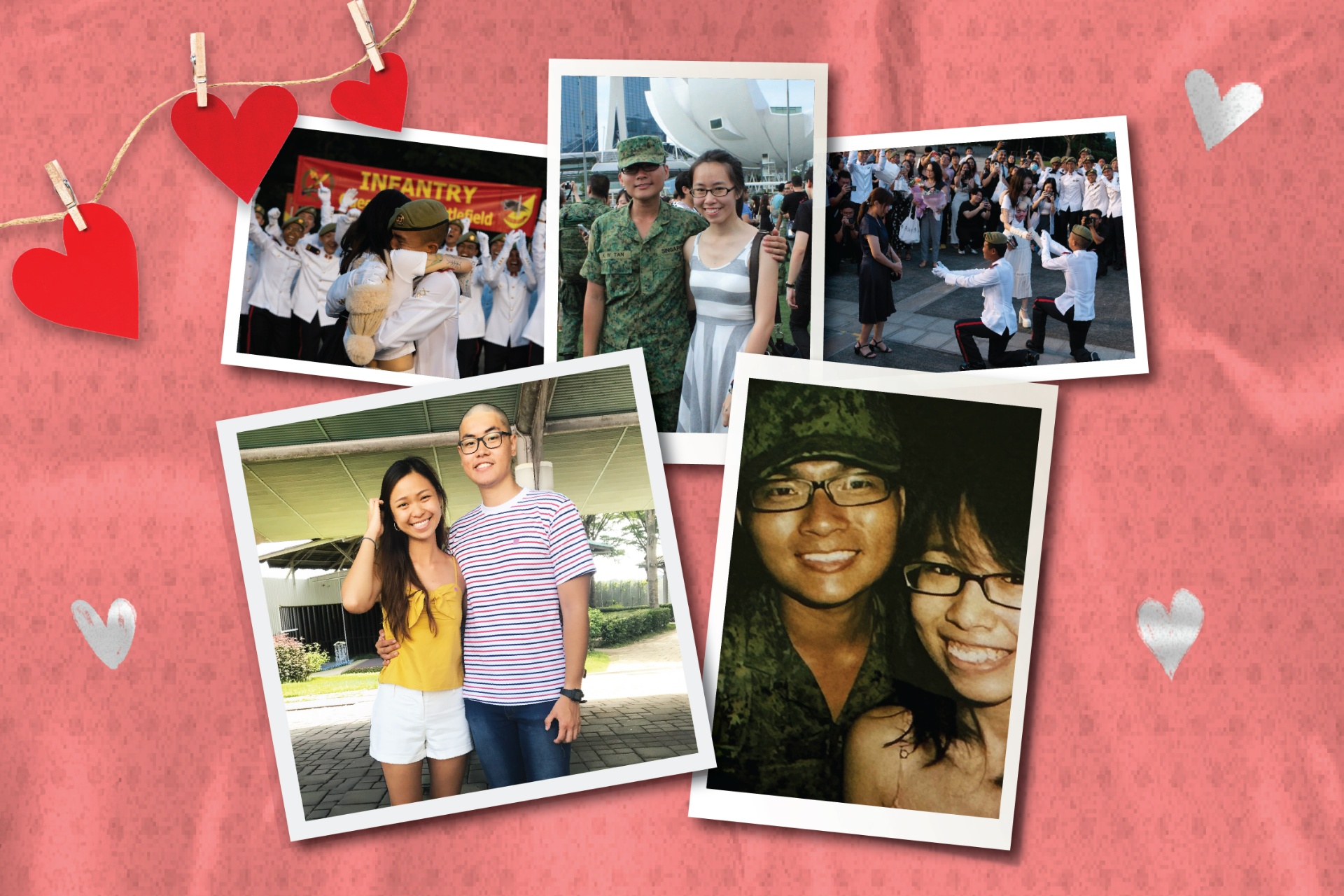
How to survive an NS relationship
03 Feb 2026
Do NS relationships really last? Is getting your girlfriend “stolen” when you’re in Basic Military Training just a myth? Here’s some advice from Singaporeans!
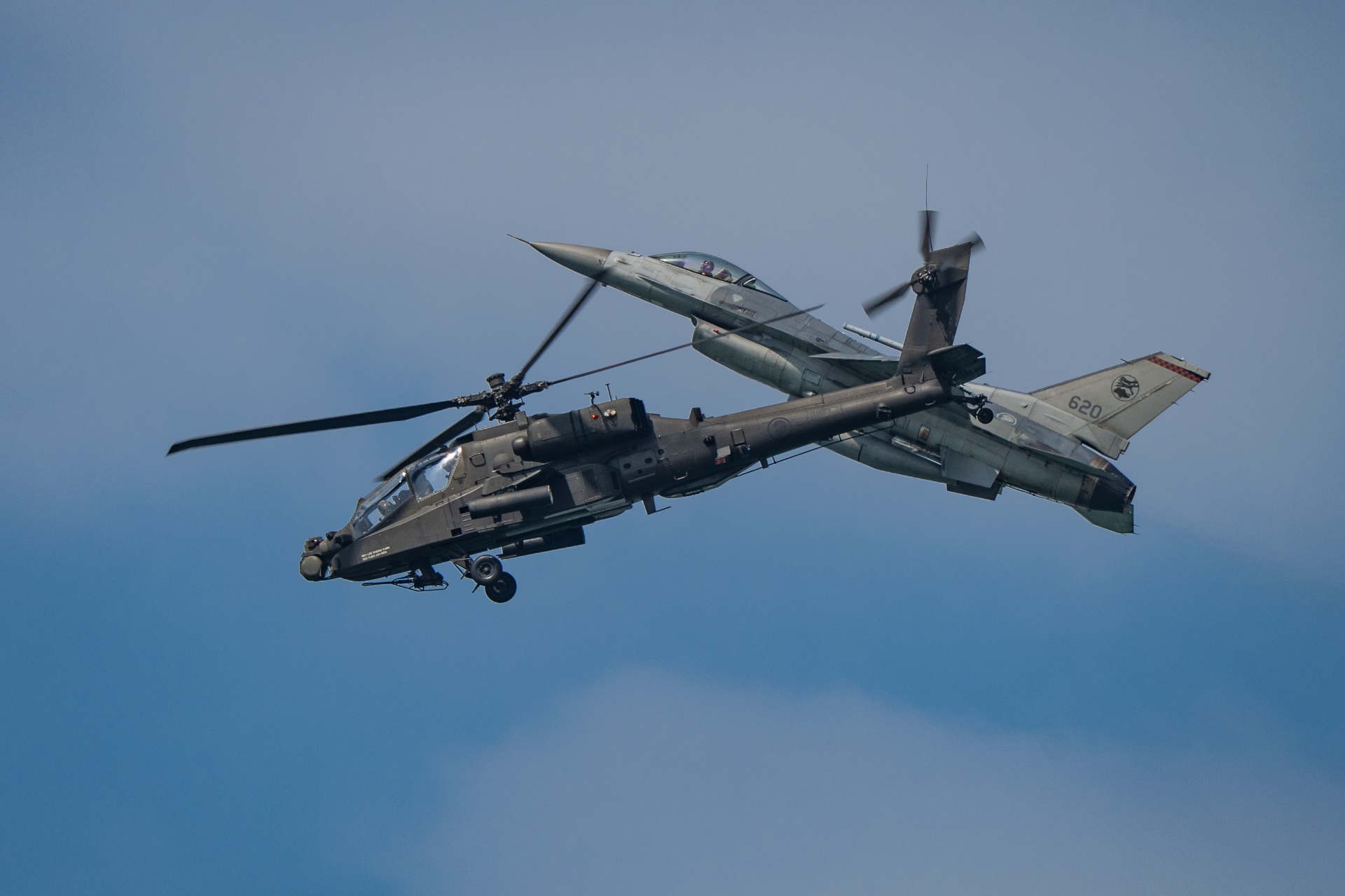
RSAF returns with dazzling aerial display at S’pore Airshow 2026
31 Jan 2026
Visitors to this year’s Singapore Airshow can look forward to 17 thrilling manoeuvres performed by the RSAF’s F-16C fighter jet and AH-64D Apache attack helicopter, and a static display of 10 different assets.


